Rockmond Dunbar faces trial over claim he was fired from ‘9-1-1’ for refusing COVID vaccine
Rockmond Dunbar faces trial against Disney, claiming his firing from ‘9-1-1’ violated his religious beliefs
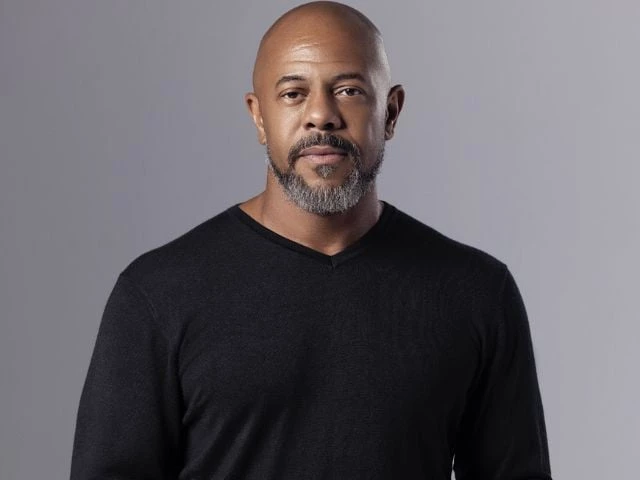
Actor Rockmond Dunbar, best known for his role as Michael Grant on the hit series 9-1-1, is heading to trial over claims that he was wrongfully fired from the show after refusing the COVID-19 vaccine on religious grounds. The trial, set to begin this week in Los Angeles, will examine whether Dunbar’s beliefs qualify for protection under the Civil Rights Act of 1964.
Dunbar’s character was written out of 9-1-1 in November 2021, shortly after television studios began enforcing strict vaccine mandates on sets. The actor argued that his religious beliefs, rooted in the Congregation of Universal Wisdom, prohibited him from receiving vaccines or chemical injections he considered contrary to natural law.
However, Disney’s 20th Television, which produces 9-1-1, has disputed Dunbar’s claim, suggesting he used religion as a pretext to avoid compliance. The studio’s lawyers uncovered evidence that Dunbar had been receiving testosterone and other synthetic injections from a Los Angeles clinic since 2018, contradicting his stated religious stance.
The presiding judge, Dolly Gee, ruled that such records are relevant to the question of sincerity, calling Dunbar’s failure to disclose his medical history “egregious”. Dunbar’s legal team maintains that his beliefs are “nuanced”, blending elements of the Congregation’s teachings with Buddhism and African Yoruba spirituality, and that he does not need to follow every aspect of the church to qualify for religious protection.
In pre-trial testimony, Dunbar said he believed receiving the vaccine would “tether his soul to earth”, preventing spiritual ascension. He also stated that his decision came after “speaking to God”.
The Congregation of Universal Wisdom, founded in New Jersey in 1975, has been criticised for offering religious exemptions to vaccine requirements in exchange for membership fees. Its founder, Dr Walter Schilling, who is now too ill to travel, will have his deposition played at trial.
Dunbar’s case has reignited debate over the intersection of personal faith and workplace vaccine mandates, particularly in the entertainment industry, where similar disputes arose during the pandemic.

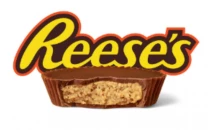

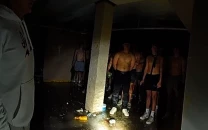
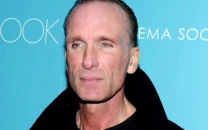
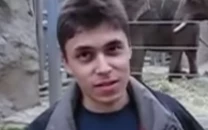
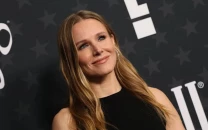
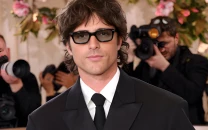












COMMENTS
Comments are moderated and generally will be posted if they are on-topic and not abusive.
For more information, please see our Comments FAQ